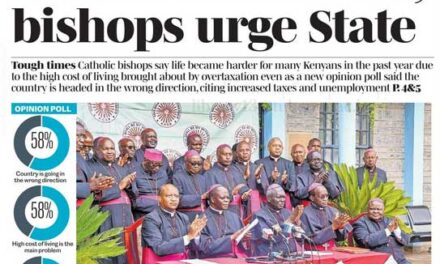The confusion between qualified professionals and unqualified quacks has long plagued the construction industry. This ambiguity has led to a lack of trust and a proliferation of substandard work. To the general public, the lines are blurred, and the distinction between professionals and quacks is often unclear. Here are some common misconceptions:
- Engineer: Often seen as just someone who wears a hard hat and a reflective jacket.
- Architect: Simplified to someone who merely draws buildings.
- Contractor: Perceived as anyone driving a pickup truck claiming they can build your dream home.
- Surveyor: Mistaken for anyone who can subdivide plots of land.
- Real Estate Agent: Seen as a broker who charges a fee just to show you a property.
- Quantity Surveyor: Thought to be someone who merely tells you how many bags of cement you need.
These oversimplifications mask the real expertise and qualifications required for these roles. To protect yourself from imposters, it’s essential to verify the credentials of individuals claiming to be professionals. Here’s how you can ensure you are dealing with legitimate professionals:
Regulatory Bodies and Professional Associations
- Engineers:
- Engineers Board of Kenya (EBK): This board regulates the engineering profession and ensures that practising engineers meet the required standards.
- The Institute of Engineers of Kenya (IEK): IEK provides a platform for engineers to engage in continuous professional development and maintain high ethical standards.
- Architects:
- Board of Registration of Architects and Quantity Surveyors (BORAQS): This board oversees the registration of architects and quantity surveyors, ensuring they meet professional standards.
- Architectural Association of Kenya (AAK): AAK promotes the professional development of architects and advocates for the highest standards in architectural practice.
- Contractors:
- National Construction Authority (NCA): NCA regulates and accredits contractors, ensuring that only qualified individuals and companies undertake construction projects.
- Licensed Surveyors:
- Land Surveyors Board (LSB): This board regulates the licensing of surveyors, ensuring they have the necessary qualifications and expertise.
- Institute of Surveyors of Kenya (ISK): ISK supports the professional development of surveyors and maintains high ethical standards in the profession.
- Real Estate Agents:
- Estate Agents Registration Board (EARB): EARB regulates the practice of real estate agents, ensuring they meet professional standards and adhere to ethical practices.
- Quantity Surveyors:
- Board of Registration of Architects and Quantity Surveyors (Boraqs): Also responsible for regulating quantity surveyors, ensuring their competence and professionalism.
- Institute of Quantity Surveyors of Kenya (IQSK): IQSK promotes the professional development and ethical practice of quantity surveyors.
Ensuring Professional Credibility
Next time someone claims to be a professional in the construction industry, ask for their qualifications and certifications. Verify their credentials with the relevant regulatory bodies and professional associations listed above. This due diligence can save you from potential scams and ensure your project is handled by a qualified professional.
You will be surprised by what you find. Often, those who seem legitimate may not have the necessary qualifications, while true professionals have verifiable credentials and a track record of quality work. By checking with the appropriate regulatory bodies, you can protect yourself from quacks and ensure that your construction projects are in capable hands.
Understanding the distinction between professionals and quacks in the construction industry is crucial for the success and safety of your projects. Utilize the resources available through regulatory bodies and professional associations to verify the credentials of individuals and companies. This approach not only safeguards your investment but also promotes the integrity and quality of the construction industry.


